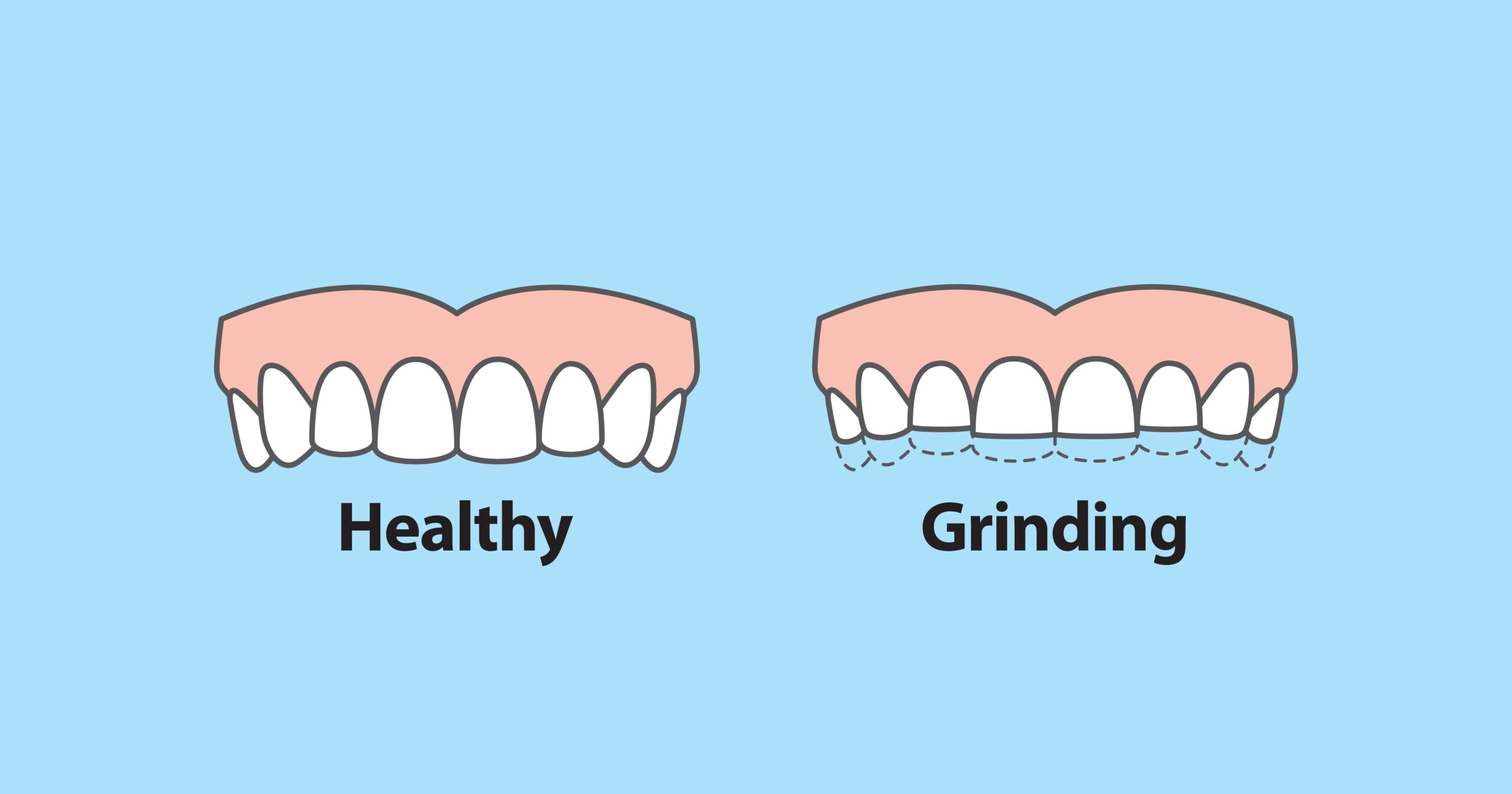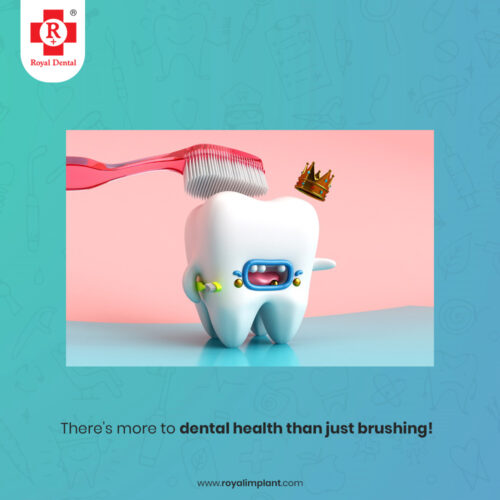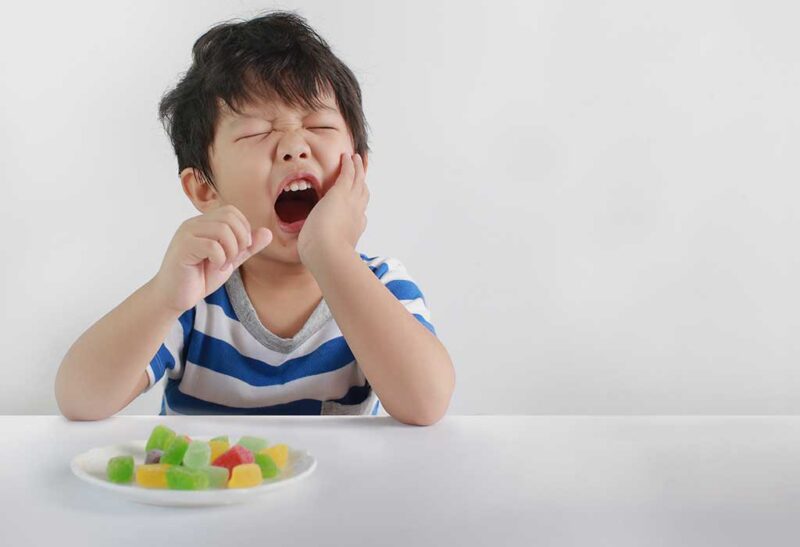The grinding of teeth is known as bruxism. It is a common condition that affects about 50% of adults and 70% of adolescents at some point in their life. While it does not have any adverse effects on general health, left untreated it may lead to various oral and dental issues. Bruxism or teeth grinding your teeth is an involuntary action which people do when they are asleep or stressed. Besides these, there are many other causes for this disorder which has been outlined below. Keep reading to know more about the condition and how you can manage it. If you often feel anxious or worried, it can cause a condition called bruxism, which can seriously damage your teeth, your gums, and even your jaw.
What is bruxism or teeth grinding?
Bruxism is the medical term used for teeth grinding and clenching, especially during sleep. The word “bruxism” comes from the Latin “bruxare,” which means “to grind the teeth.” Bruxism is usually associated with sleep, but it can also occur during wakefulness. There are many common questions related to bruxism such as what is the difference between teeth grinding and teeth clenching?
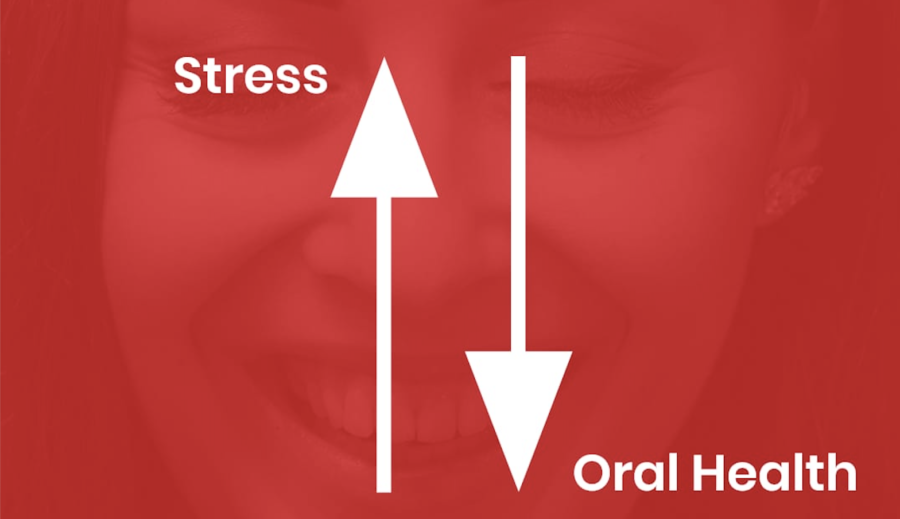
Is teeth grinding harmful? How do you know if you have a teeth grinding problem? Bruxism is a condition in which the teeth are typically notched or chipped. This condition is often associated with clenching and grinding of the teeth. Bruxism may also cause teeth grinding noises during sleep, headaches, jaw joint disorders, and TMJ.
How does bruxism affect your oral health?
Bruxism affects the oral health by wearing down the teeth, causing TMJ disorders, and causing gingivitis.
Worn down teeth: Bruxism causes the teeth to be notched and chipped, which leads to gum recession and in turn, will lead to the tooth being almost completely exposed. In most cases, dentists can solve this problem by applying a certain type of restoration, but the only way to avoid this problem is to treat it as soon as you notice its symptoms. If you ignore bruxism, your teeth will slowly be worn down.

TMJ disorders: Bruxism can also lead to a disorder known as temporomandibular joint (TMJ) disorders. It is a condition in which the joint that connects the lower jaw to the skull becomes inflamed. This happens when there is a grinding force applied on the joint.
Gingivitis: Bruxism can also lead to gingivitis, an inflammation of the gums. Gingivitis develops when there is an accumulation of plaque, which is made up of bacteria, on the teeth. This bacteria will then cause an irritation of the gums.
Bruxism causes and risk factors
The exact cause of bruxism is not known. However, there are certain factors that might cause bruxism. Some of the common causes of bruxism are as follows: Stress: Stress can cause people to grind their teeth. During times of stress, the muscles in the body contract. When these muscles contract, they are relaxed, they then pull on their attachment points. The muscles that wrap around the teeth and the jaw can pull on the teeth, causing them to clench.
Bruxism is more common in people who are experiencing high levels of stress. Stress can also be caused by many other situations, such as depression, anxiety, trauma, or even relationship problems. Poor sleeping position: Sleeping on a soft and hard surface is one of the most common causes of bruxism. While sleeping on a soft surface can cause your teeth to grind, sleeping on a hard surface will put more pressure on your jaw muscles, thereby causing them to clench.
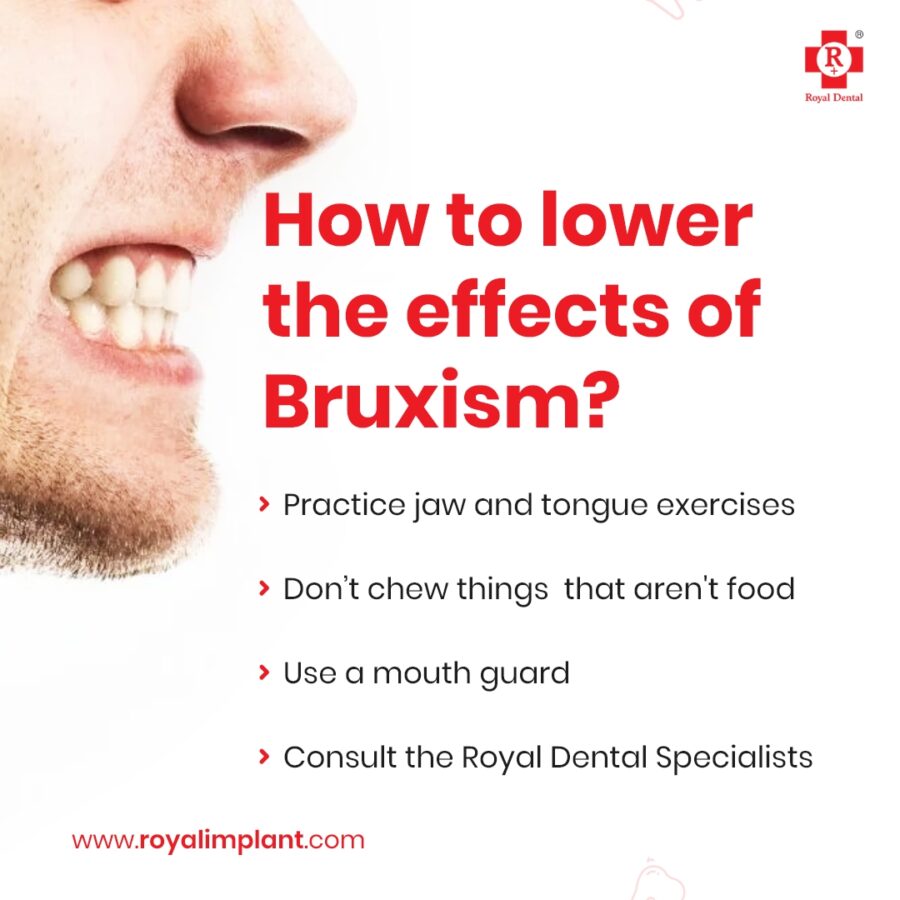
Tips to manage bruxism
Avoid stress – Stress is a major cause of teeth grinding, which can lead to headaches and more serious problems. Finding ways to manage your stress will help you avoid grinding your teeth.
Get an appropriate sleeping position – A soft surface is best for those who have bruxism. Avoid grinding your teeth by using a hard surface, such as a wooden or wooden-like surface.
Use a mouth guard – A mouth guard is a piece of plastic that you wear at night to protect your teeth from grinding. It can help to keep your teeth from being worn down or chipped.
Brush your teeth and floss daily – Brushing your teeth and flossing daily will help to prevent plaque and gingivitis from occurring.
Conclusion
Bruxism affects around 50% of adults at some point in their life. It is more common in people who are experiencing stress and those who grind their teeth when sleeping. Bruxism can lead to various oral and dental issues. It can also cause your teeth to be notched and chipped. There are many ways to avoid teeth grinding, including getting an appropriate sleeping position, using a mouth guard, and brushing your teeth and flossing daily.
Follow Us For More Updates
